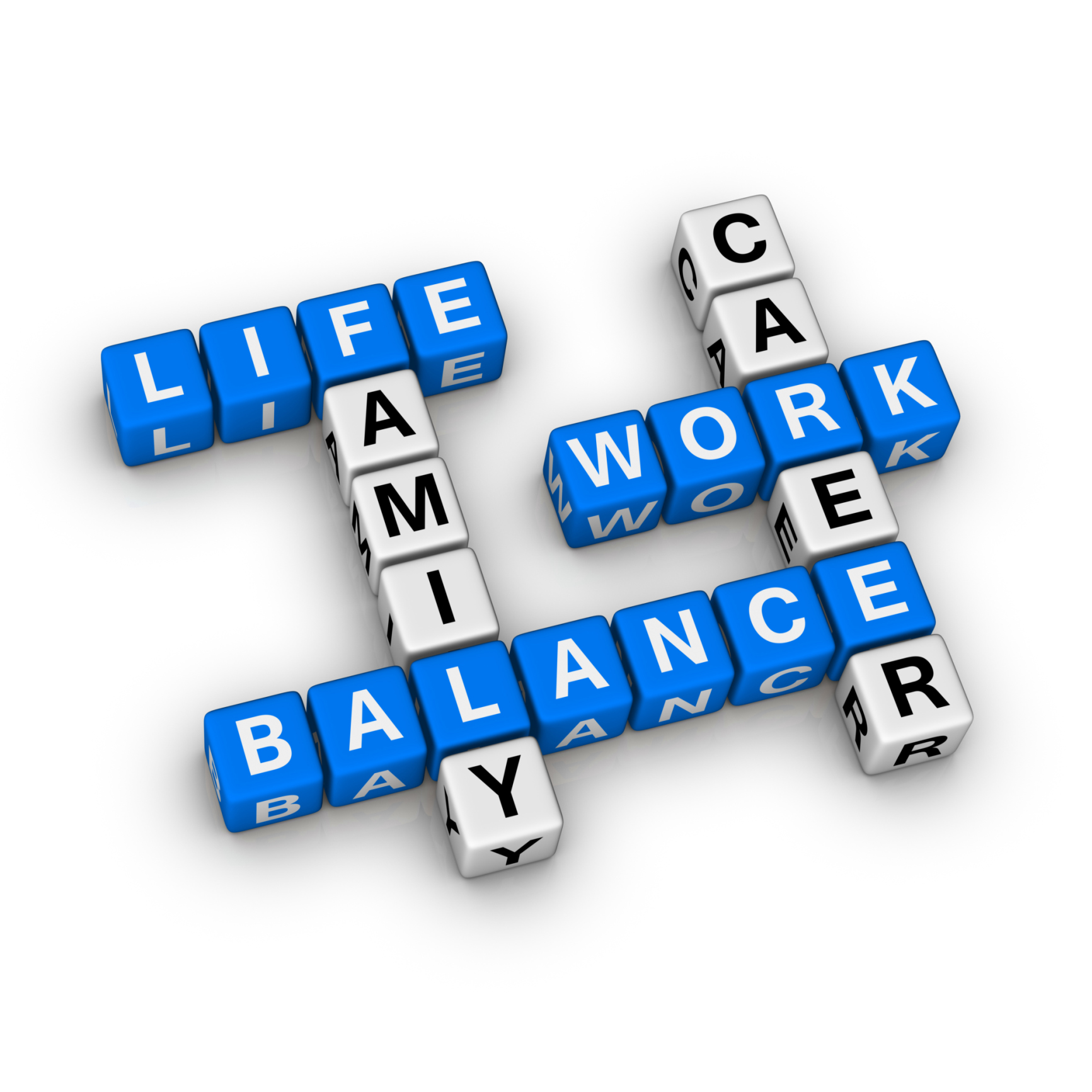
Sir Richard Branson, founder of the Virgin-brand empire, said in an interview last year that if you put your employees first, customers and shareholders will also get better results. The results of a recent survey by Deloitte indicate that U.S. companies may not have been paying attention.
In Deloitte’s first-ever Workplace Pulse survey, about one in three respondents was not comfortable taking personal time or vacation time off, and nearly as many (32%) said they consistently placed work commitments over family/personal commitments. Not surprisingly, perhaps, millennials are struggling hardest to maintain a work-life balance.
Less than half of those surveyed (48%) said that their organization values their life outside work. A Deloitte executive said:
Organizations are investing in more and more benefits and perks associated with well-being, like flexible work options and unlimited vacation days, aimed at winning the war for talent. But our survey shows businesses can do more to create a culture of well-being, which goes beyond offering generous programs and focuses on everyday behaviors. Well-being is not mutually exclusive to delivering value to clients, in fact it’s important in any high performance culture.
Watching the way managers and executives handle their personal commitments has a definite impact on the way employees handle their own. Some 39% of respondents say that if they saw their direct managers prioritizing personal life over work, they would be more inclined to do the same thing. Nearly as many (38%) said the same thing among senior executives.
Thank you for reading! Have some feedback for us?
Contact the 24/7 Wall St. editorial team.
 24/7 Wall St.
24/7 Wall St.


